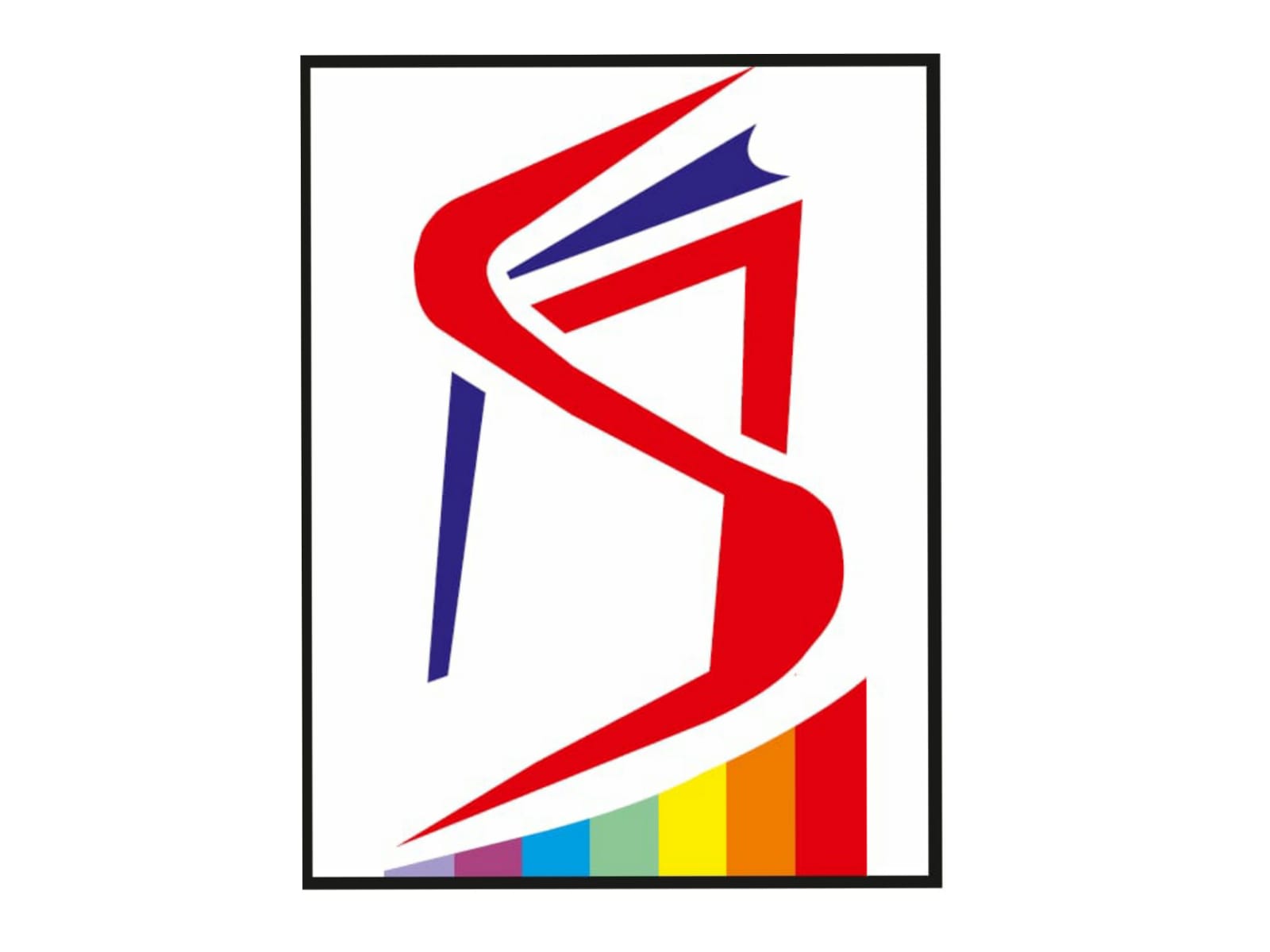On January 1, 2018, the Coffee Board filed an application with the Geographical Indication Registry at Chennai to get the GI tag of five varieties of coffee.The varieties include Baba Budangiri Arabica, Coorg Arabica, Wayanad Robusta, Chikmagalur Arabic and Araku Valley Arabica. Baba Budangiri, 250 km from Bengaluru, is considered the place where coffee was first grown in India. The Coffee Board has applied for the GI marker and is profiling the majority type grown in Baba Budangiri, called Selection-795.
Baba Budangiri Arabica is grown across 15,000 hectares around the original hills, where it was first planted. Over time, coffee plantations grew beyond Baba Budangiri and the adjoining Chikmagalur and spread to Kodagu and Hassan in Karnataka, and Wayanad, Travancore and Nelliampathy regions of Kerala. It is also grown in the hilly regions of Palani, Shevroy, Nilgiris and Annamalai in Tamil Nadu. Non-traditional areas of coffee cultivation include pockets in Andhra Pradesh, Odisha, Assam, Arunachal Pradesh, Manipur, Meghalaya, Mizoram and Nagaland.
Selection-795 (S-795) is considered to be the natural descendant of two of the oldest African cultivars of coffee — Coffea Arabica and Coffea Liberica (a third variety is called Kent). Currently, S-795 is the most prominent coffee grown at Baba Budangiri.
Coffea Arabica originated in Caffa in southern Abyssinia and then found its way to Yemen. According to John Shortt’s A Handbook on Coffee Planting in Southern India, Baba Budan, a Muslim pilgrim, brought the brew from Mocha, a port city in Yemen, in the 17th century and introduced the variety in the uninhabited hills that came to be known as Baba Budangiri.
About GIA geographical indication (GI) is a name or sign used on certain products which correspond to a particulargeographical location or origin, such as a town or a country. The GI tag is acquired to ensure that none other than those registered as authorised users (or those residing inside the geographic territory) are allowed to use the popular product name. GIs have been defined under Article 22(1) of the WTO Agreement on Trade-Related Aspects of Intellectual Property Rights(TRIPS) Agreement as: “Indications which identify a good as originating in the territory of a member, or a region or a locality in that territory, where a given quality, reputation or characteristic of the good is essentially attributable to its geographic origin”.
India, a member of the World Trade Organization (WTO), enacted the Geographical Indications of Goods (Registration and Protection) Act, 1999(effective from September 15, 2003).Darjeeling tea became the first GI tagged product in India, in 2004-05. Since then, by mid-2017, 295 had been added to the list.
